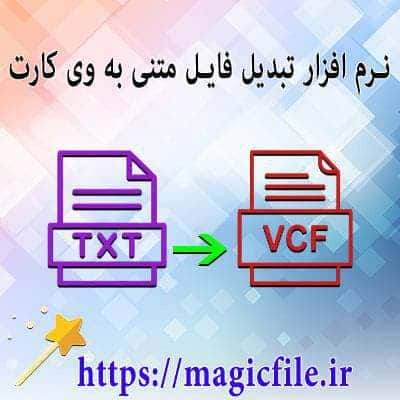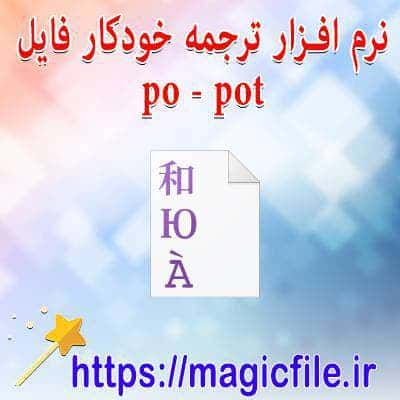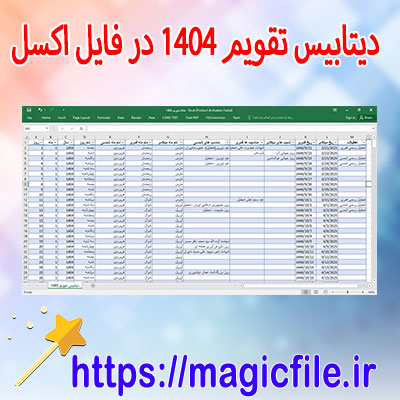مفید
لغت "
مفید
" در زبان انگلیسی به معنای "useful" است. این واژه از ریشه "use" به معنای "استفاده" مشتق شده و به چیزی اطلاق میشود که به نوعی به کمک یا سود فردی میآید.مفهوم "
مفید
" میتواند در زمینههای مختلفی مورد استفاده قرار گیرد. برای مثال، یک کتاب میتواندمفید
باشد، زیرا اطلاعاتی را ارائه میدهد که به خواننده کمک میکند. همچنین، یک ابزار یا وسیله مانند یک چاقو، میتواند در آشپزیمفید
باشد.استفاده از "
مفید
" در مکالمات روزمره نیز بسیار رایج است. به عنوان مثال، وقتی کسی میگوید: "این نکته بسیارمفید
است"، به این معناست که آن نکته به او کمک کرده یا اطلاعات ارزشمندی را برای او فراهم کرده است.به علاوه، "
مفید
" میتواند به تجربیات انسانی نیز اطلاق شود. مثلاً، در یک کارگاه آموزشی، افراد ممکن است از تجربیات یکدیگر بهرهمند شوند و این تجارب برایشانمفید
باشند.در نهایت، کلمه "
مفید
" به نوعی به ارتباطات انسانی و تبادل اطلاعات اشاره دارد. این واژه نشاندهنده اهمیت یادگیری و رشد فردی است. در دنیای امروز، جستجوی اطلاعات و مهارتهای جدید برای افراد به یک نیاز ضروری تبدیل شده است. به همین دلیل، فهم و درک مفهوم "مفید
" در زندگی روزمره اهمیت زیادی دارد.Understanding the Word "Useful" in English
The word *useful* is an adjective that fundamentally describes something as beneficial, practical, or serving a purpose effectively. It originates from the noun *use*, which refers to the act of employing something for a purpose, combined with the suffix *-ful*, meaning "full of" or "having the qualities of." Thus, *useful* literally translates to "full of use" or "having usefulness."
In everyday language, *useful* is incredibly versatile. For example, when someone says, "This tool is useful," they mean it helps accomplish a task efficiently. It can be applied across various contexts—whether discussing objects, skills, information, or even abstract qualities like advice or ideas.
Different Contexts and Nuances
In different situations, *useful* can denote varying degrees of practicality. For instance, a *useful* book might contain valuable information, while a *useless* device offers no real benefit. In professional settings, *useful* often emphasizes efficiency and productivity—such as a *useful* software that streamlines work processes or a *useful* tip that saves time.
Furthermore, *useful* is frequently contrasted with *useless*, highlighting its positive connotation. Its synonyms include *beneficial*, *practical*, *valuable*, and *helpful*—each with subtle differences. While *helpful* tends to imply immediate assistance, *beneficial* might suggest long-term advantages.
Grammatical Aspects
Grammatically, *useful* is an adjective that can modify nouns directly. For example: *a useful tool*, *useful advice*. It can also appear in comparative and superlative forms: *more useful*, *most useful*. These forms allow comparisons, emphasizing the relative practicality of different things.
Cultural and Idiomatic Usage
In idioms and expressions, *useful* often appears to emphasize practicality. For instance, "a useful life" refers to a life filled with meaningful, productive activities. Similarly, "make oneself useful" encourages someone to contribute positively rather than be idle.
Conclusion
In essence, *useful* encapsulates the idea of utility and benefit. Its broad application across contexts makes it an essential word in English vocabulary, especially when describing objects, ideas, or actions that add value or serve a purpose. When used appropriately, *useful* can effectively communicate the practicality or worthiness of something—making it an indispensable term in both everyday life and professional discourse.





